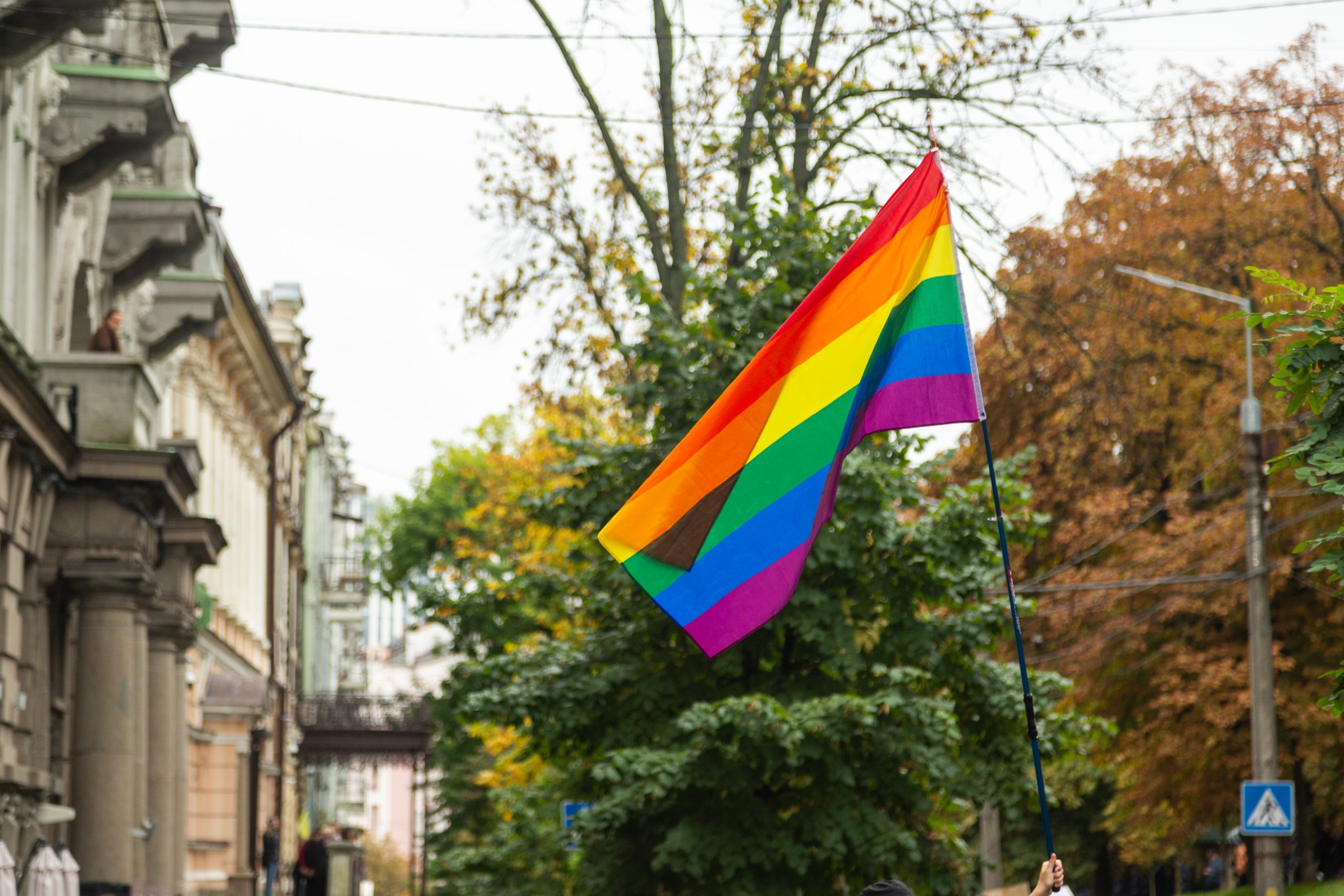Following Russia’s military strike on Ukraine in the early hours of the morning, Kyiv Pride has remained defiant on Twitter.
“We remain strong, we are not intimidated. Putin will break all his teeth trying to bite us,” said the organization in a message posted to its Twitter account. “We have left far behind the past to which he seeks to draw us. We are a country that has chosen the values of human rights, humanity, life, and personality. Putin lives in the past, he has a place there.”
Ми залишаємося сильними, нас не залякати. Путін поламає всі зуби, намагаючись нас вкусити. Ми залишили далеко позаду те минуле, до якого він прагне нас затягнути. Ми – країна, що обрала цінності прав людини, людяності, життя, особистості. Путін живе у минулому, там йому й місце.
— KyivPride (@KyivPride) February 24, 2022
Another message read, “We will never give up, still the victory will be ours. Keep calm, we will win together!”
Ми ніколи не скоримося, все одно перемога буде наша. Зберігайте спокій, разом переможемо!
— KyivPride (@KyivPride) February 24, 2022
In the early hours of Thursday morning, Russia stepped up its military incursion into Ukraine, launching a large-scale invasion by land, air, and sea along Ukraine’s northern, southern, and eastern borders. Multiple news outlets, including the New York Times and CNN, have reported shelling throughout the country, near the capital Kyiv, and the second-largest city, Kharkiv.
Russian president Vladimir Putin initially called the invasion a “peacekeeping” mission to support separatists regions in eastern Ukraine.
LGBTQ+ persons in particular have reason to fear an invasion. Homophobic attitudes are prevalent in Russia, with the country passing a draconian anti-LGBTQ+ propaganda law in 2013.
Earlier this week, the United States warned the United Nations of Russian plans to retaliate against dissidents following an invasion. In a letter sent from U.S. representative to the U.N. Bathsheba Nell Crocker – originally obtained by the Washington Post and later NBC News – the ambassador wrote, “We have credible information that indicates Russian forces are creating lists of identified Ukrainians to be killed or sent to camps following a military occupation.”
Those targeted, the letter states, likely include “Russian and Belarusian dissidents in exile in Ukraine, journalists and anti-corruption activists, and vulnerable populations such as religious and ethnic minorities and LGBTQI+ persons.”


What Do You Think?